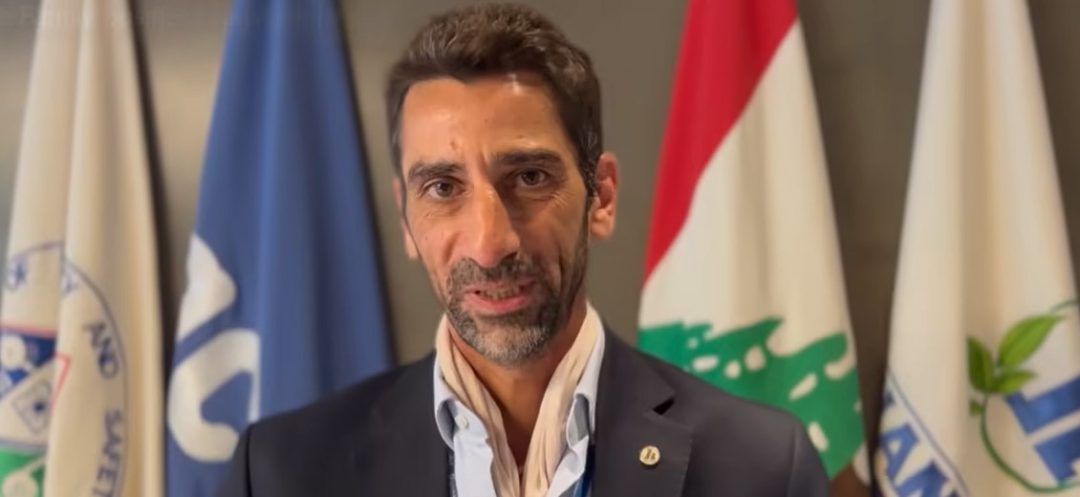
The President of the FBN Family Business Network, Ricardo Hosri, highlighted in a statement the vulnerability of family businesses in Lebanon in light of the current circumstances, warning that "their situation is tragic and their sustainability is challenging due to the war in Gaza, the tensions at the southern border in Lebanon and the financial crisis that has been ongoing for five years."
"Resilience is considered to be the greatest challenge facing family businesses," he asserted. According to him, "Decisions taken, laws and the working environment are factors that do not favor their growth, in addition to a tax system that complicates their situation."
Hosri pointed out that these businesses feel even more aggrieved "as they are organized, registered according to the rules and among the most committed in the legitimate private sector in terms of paying contributions to the National Social Security Fund (NSSF), taxes and customs duties."
He pointed out that "the assistance provided by international organizations, such as the World Bank, to the private sector and family businesses comes up against a demand for guarantees, as stipulated under Lebanese law. However, this law does not protect these organizations in case they are unable to recover loans granted to businesses. As a result, these organizations, in exchange for granting loans to family businesses, require strict guarantees outside Lebanon, which poses a challenge for family investments."
"Resilience is considered to be the greatest challenge facing family businesses," he asserted. According to him, "Decisions taken, laws and the working environment are factors that do not favor their growth, in addition to a tax system that complicates their situation."
Hosri pointed out that these businesses feel even more aggrieved "as they are organized, registered according to the rules and among the most committed in the legitimate private sector in terms of paying contributions to the National Social Security Fund (NSSF), taxes and customs duties."
He pointed out that "the assistance provided by international organizations, such as the World Bank, to the private sector and family businesses comes up against a demand for guarantees, as stipulated under Lebanese law. However, this law does not protect these organizations in case they are unable to recover loans granted to businesses. As a result, these organizations, in exchange for granting loans to family businesses, require strict guarantees outside Lebanon, which poses a challenge for family investments."
Read more



Comments